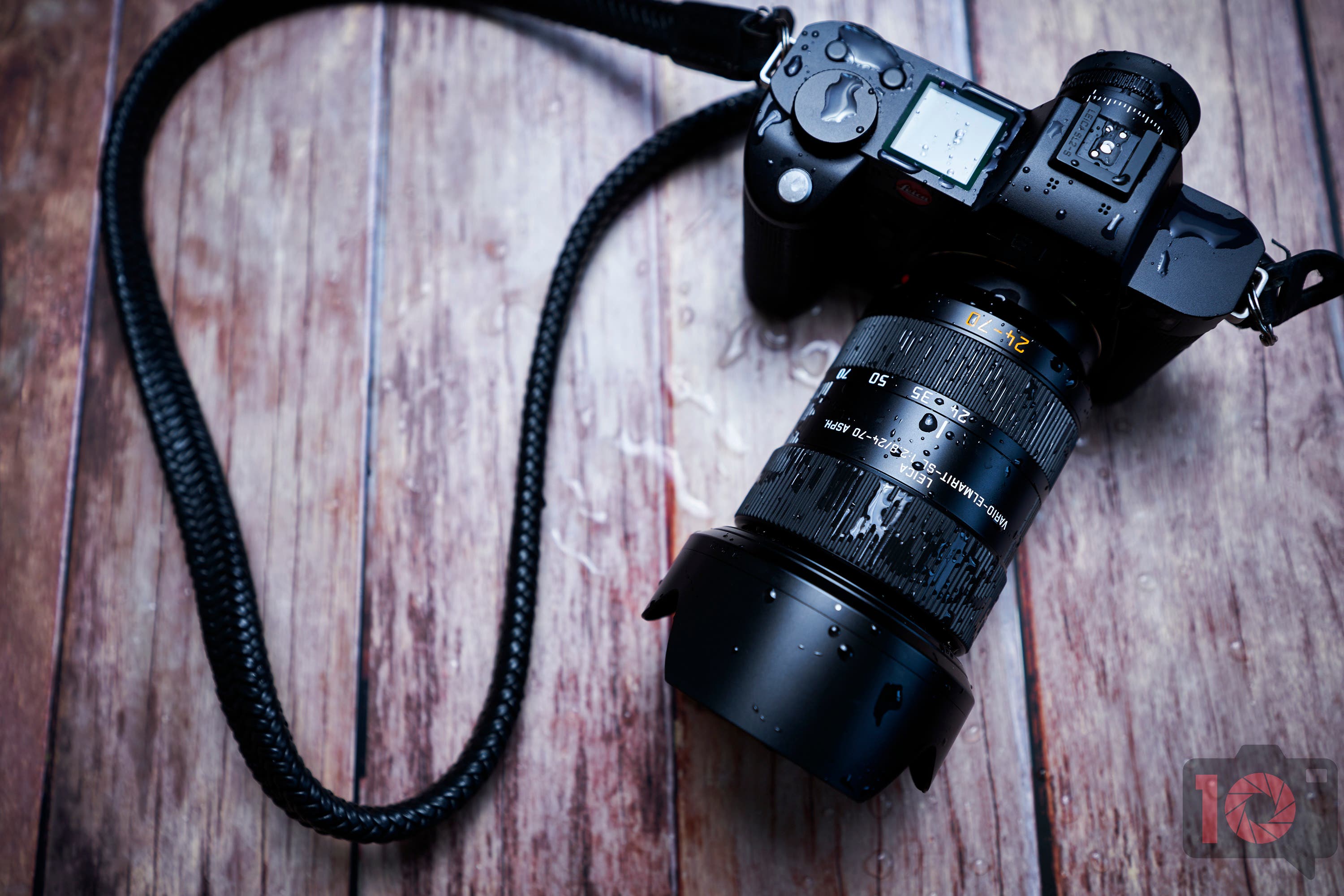You Quit Your Day Job to Become a Photographer. Now What?

For more articles like this, please consider subscribing to The Phoblographer.
The daily grind is something we all hate. You probably quit your day job recently because you’re very sick of how things work after the pandemic. The world helped you open up your eyes a lot more. Thus, you set about wanting to go after your dream: you want to be a professional photographer. So what do you do? Being a photographer is absolutely a job and a hard one at that. But you can make it easier on yourself.
First off, with any job, there’s going to be some type of grind. With being a photographer, you get up every day, and try to go after new clients. You come up with proposals, budgets, negotiations, etc. And you’ll need to go after multiple clients at once. Whatever money comes in will have to be budgeted yourself a lot. Then you’ll need to do marketing, relationship building, etc. Beyond all this, you’ll need to find time for personal work and projects so you can expand your craft.
There are ways to get rid of the grind, though.
- Get an agent (they’ll take a cut of the profits, of course).
- Get better at shooting in-camera, so you don’t have to work in front of a computer as long.
- Work on licensing and print sales, so you have a bit more passive income.
- Make investments.
- Book speaking events.
- NFTs
- Use services like Pixsy to handle copyright issues.
- Work on getting pieces in galleries for sale.
- Do work around causes where a portion of sales is donated to charities.
By definition, a professional photographer is one who makes most of their income by doing photo shoots. (We’re talking about taxable income, otherwise you’re not a professional photographer.) If you make a part of your taxable income as a photographer, then you’re a semi-professional.
Of course, this all still requires you to work, but you’re working on your own time. And depending on how well the business is going, you’ll hopefully work fewer hours than you did at your day job. But you also may get screwed over a bit more. Being a small business owner in America can come with drawbacks. Self-employment tax is pretty high. Then you’ve got Federal, State, and Local taxes. There’s also health insurance if you’re single. On top of that, there’s business insurance.
Business insurance is questionable, because you’ll pay so much money, and then they’ll claim they don’t owe you anything. However, there are a few great options out there that help when you need them. I’d recommend working with the smaller brands.
Let’s get back to avoiding the grind, though. Sometimes that means thinking smarter and networking in different ways. Let me be honest; Instagram is awful. It’s not going to help you book photography gigs all that much. And you have to go after the folks who generally need photography.
And with that, I’m going to give you the best advice I can possibly give. When I quit my day job to become a full-time blogger, I had a year of savings in the bank. I kept it there just in case I didn’t want to work for a year. That was stupid of me. I recommend having a year and a half or two years of savings instead. Your first year as an entrepreneur will be one of the hardest. And taxes will absolutely, positively suck. I used to have an accountant that recommended that I pay quarterly tax estimates. But when I did that, I was far less happy and never able to grow. Once that stopped, I used the money to invest back into my business. Ultimately, that worked out better for me.
At the end of it all, just remember you’re a business now. Bills need to be paid. You need to eat. And things need to become productive.